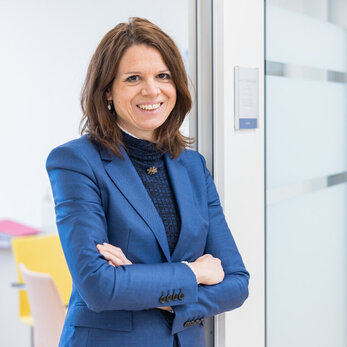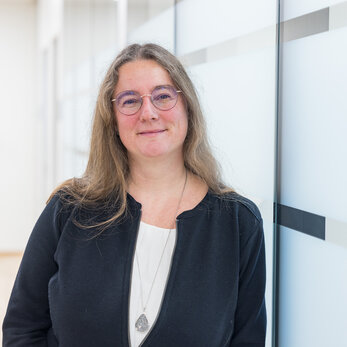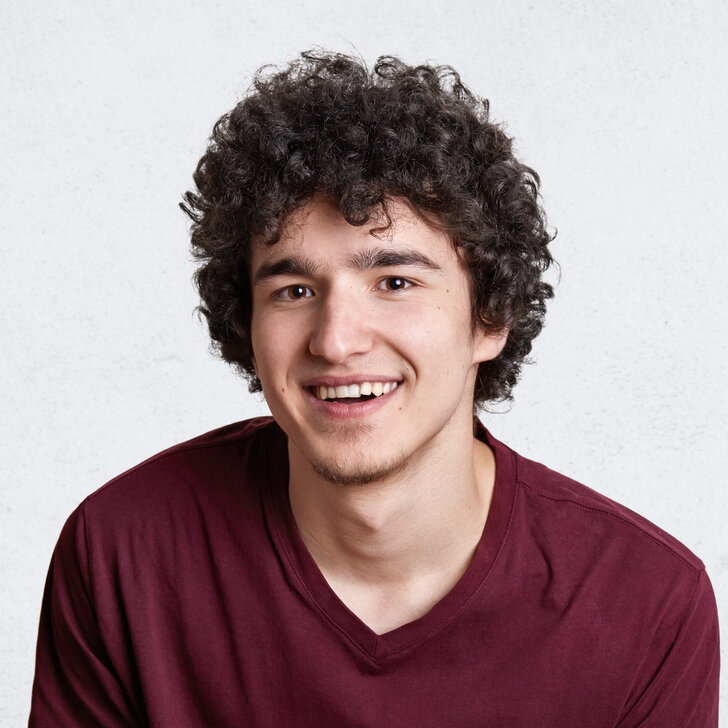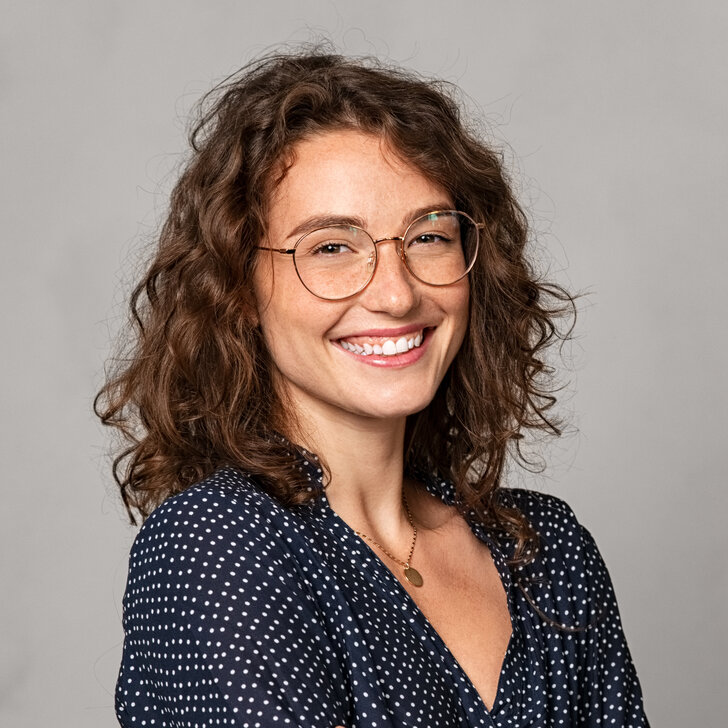Institute of Pharmacy
Director // Univ.-Prof. Dr. Johanna Pachmayr
The Institute of Pharmacy was founded in 2017 and is dedicated to both pharmaceutical research and education.
The research focuses on:
- the development and testing of active substances
- the characterization of new drug targets
- analytics and bioanalytics
The institute is divided into three departments: Clinical Pharmacy and Pharmaceutical Biology, Pharmaceutical and Medicinal Chemistry, and Pharmaceutical Technology and Biopharmacy.
In addition to research, the institute plays a key role in the education of pharmacy students at Paracelsus Medical Private University (PMU), handling the majority of the teaching. With a focus on Clinical Pharmacy, PMU prepares pharmacists specifically for interprofessional collaboration with doctors and nurses, as well as for pharmaceutical services such as medication reviews.
The institute pursues two main goals. First, to train highly qualified pharmacists who meet the demands of both pharmaceutical practice and research. Second, to conduct targeted research in the areas mentioned above, aiming to prevent or treat diseases such as cancer or neurodegenerative disorders and to identify and document health risks posed by environmental chemicals.
As an ERASMUS+ partner, we regularly welcome guest students and send our own students to partner institutions across Europe and overseas.







